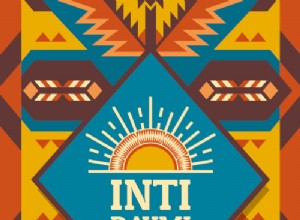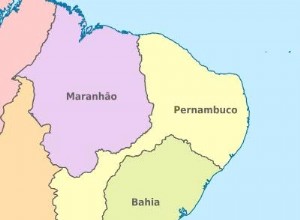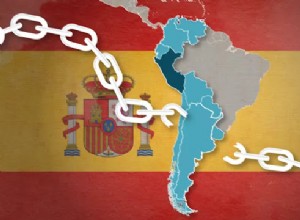The Inca religion , like many Native American religions, considered their deities to be beings of nature and, therefore, it is possible to observe the belief in several gods. In addition, the Incas also had myths regarding the creation of their people, as found in virtually every religion in the wor




